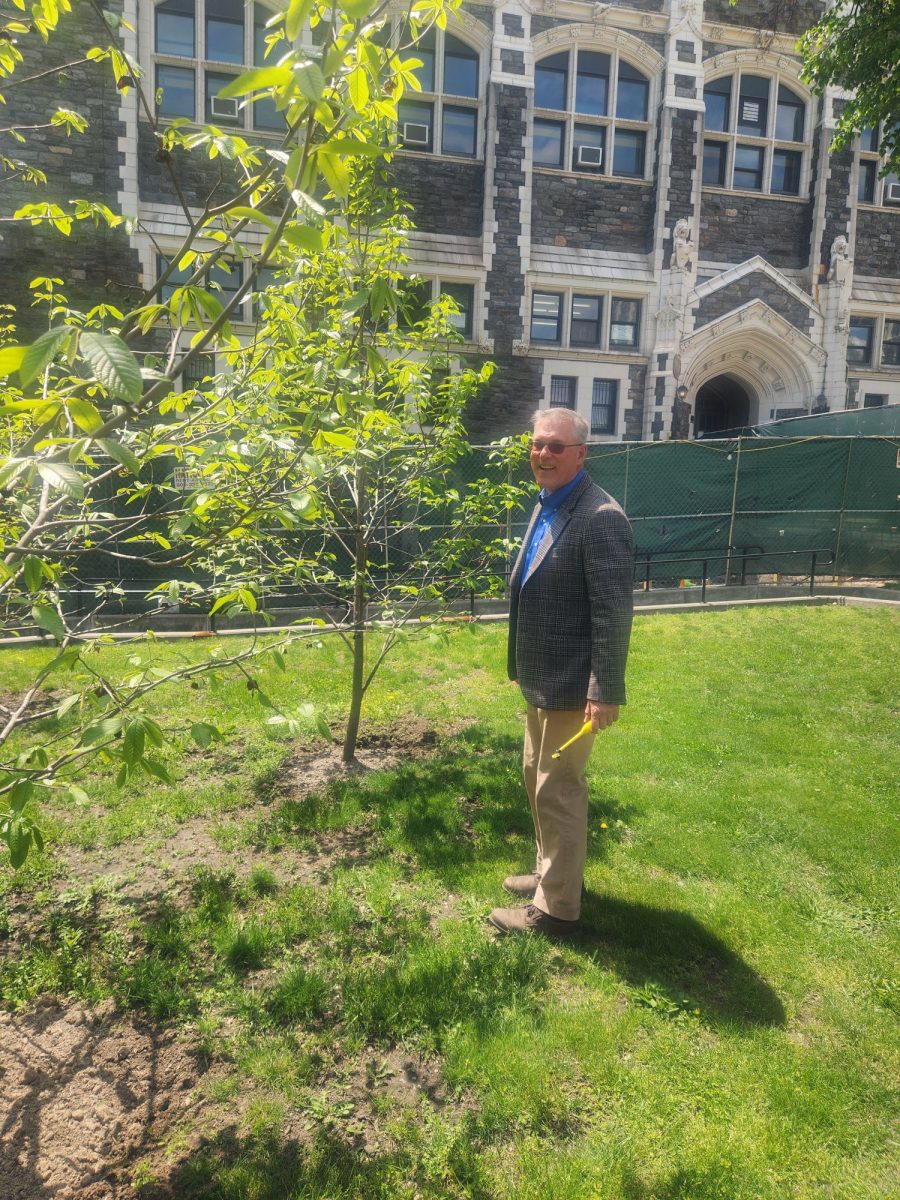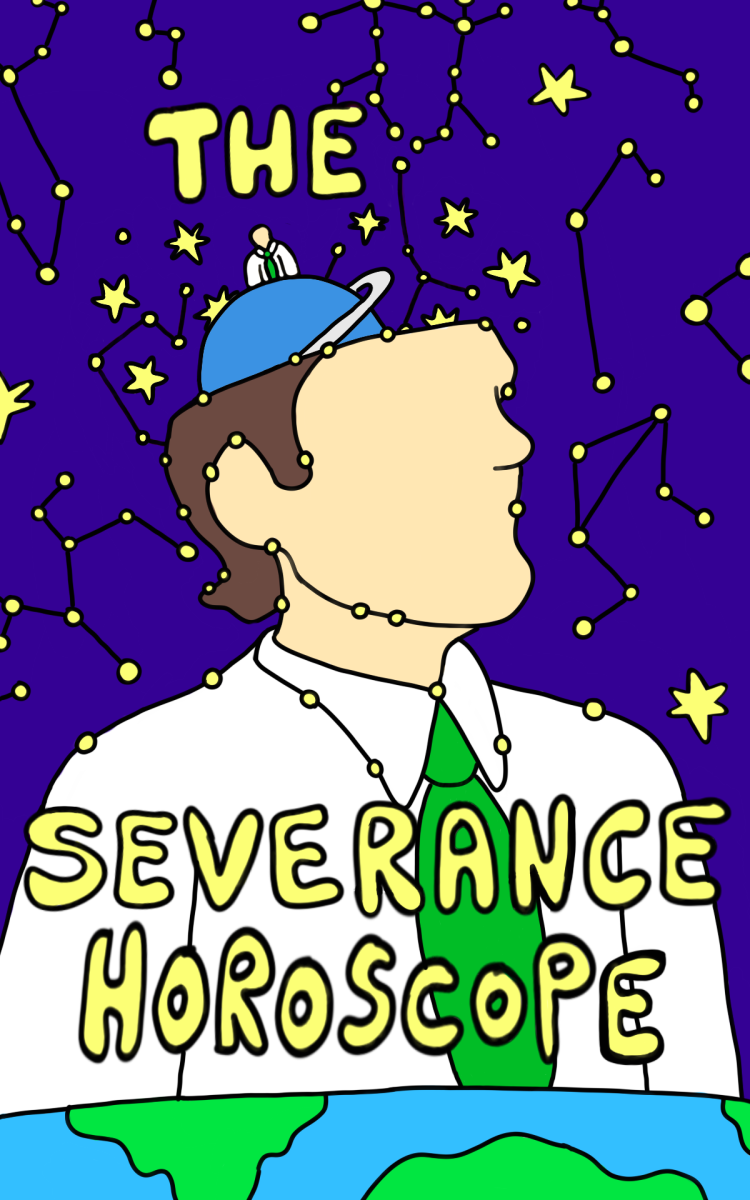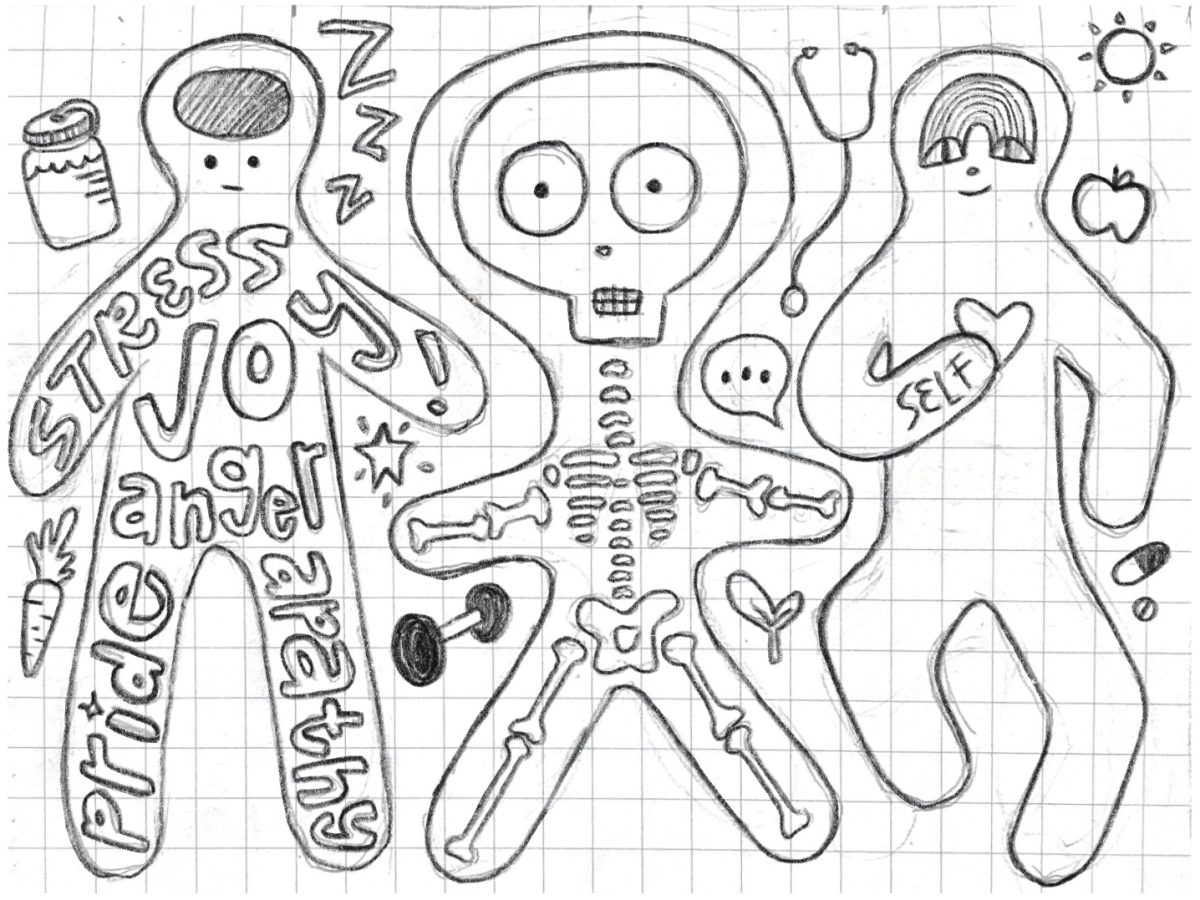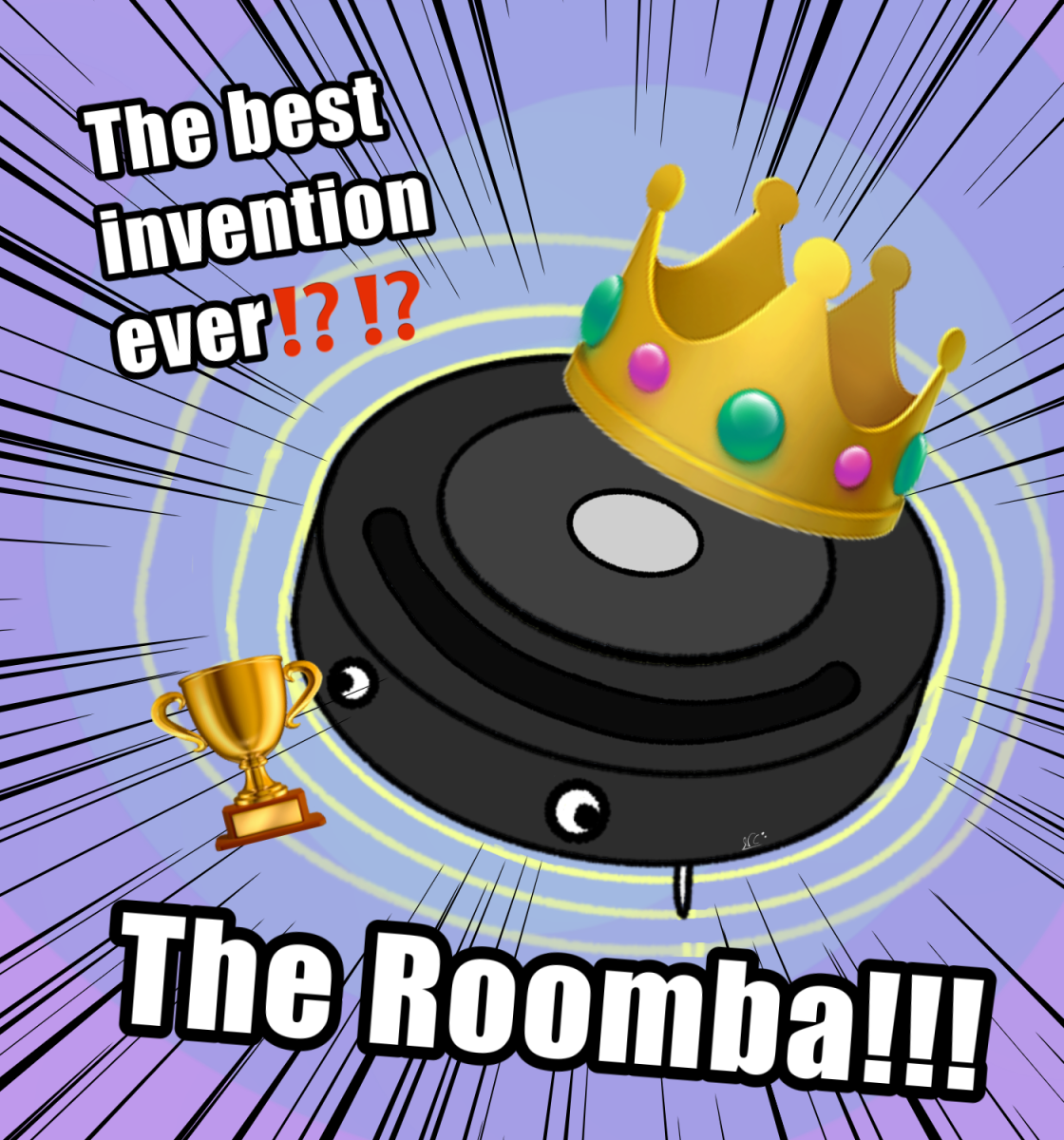Imagine yourself coming home from a long day of work. Without you even noticing it, your floors have cleaned themselves. This is the magic of the Roomba, by far the greatest creation that humanity has made. The Roomba is a robot vacuum cleaner, first created by iRobot in 2002, with the ability to clean your floors automatically. As later models of the Roomba were introduced, its technology has improved drastically and has evolved to far eclipse its older models. I am here to argue that with the power that it holds, the Roomba is the greatest and most meaningful invention humanity has created since the wheel.
Since the dawn of humanity, we have strived for convenience in every aspect of life. The Roomba is a result of this, as cleaning the floor is both energy- and time-consuming.
It is a testament to our advances in modern technology, utilizing both infrared sensors and a camera to explore the world around it. Making 60 decisions per second, the Roomba completes the tedious task of vacuuming and mopping your floor. In the years that you own a Roomba, the time that you save is astronomical. With this time you could relax when you get home, make it on time for your job interview, and maybe even go to sleep at a reasonable hour.
To truly understand what makes the Roomba so great, we must look beyond the surface and delve further into the history and nature of the Roomba. The Roomba wasn’t always this incredible piece of technology; it started off as a crude invention that ran into tables and walls. As it evolved and the technology improved, it got smarter and learned from its mistakes. This mirrors us humans and how we grow. We are born stupid, and learning from both the experiences of others and ourselves shapes us into who we are now. The nature of the Roomba mirrors humanity more than you might expect. As an example, we must examine the myth of Sisyphus.
In the ancient Greek story, Sisyphus is cursed by the gods to eternally push a boulder up a hill, only for it to roll back down when it nears the top. Sisyphus’ fate was a warning against fighting the universe. However, as Albert Camus wrote in “The Myth of Sisyphus”, “the struggle itself toward the heights is enough to fill a man’s heart. One must imagine Sisyphus happy;” he believes that Sisyphus found happiness in the process of the task, despite it lacking any meaning. The Roomba, in turn, shares humanity’s monotonous existence: it cleans the floor every day, only for the cycle to repeat itself; one must imagine the Roomba happy. The rest of humanity can be seen through the myth as we repeat the same tedious tasks every day with no true meaning behind them. The Roomba therefore embodies the human will, that despite the lack of meaning in the tasks we do, we carve our own meaning and push forward.
Despite how it might seem, I am not just trying to sell you a Roomba. The true nature of my argument isn’t the practicality of the Roomba, but instead why it is so meaningful an invention. The Roomba embodies humanity’s spirit and nature to an uncanny level for a mere vacuum cleaner. It is clear that the Roomba was a gift to remind us what makes us human and why that is powerful. We at MSE must aspire to reach even a fraction of the Roomba’s perseverance, to find meaning in what we do, to push through challenges despite their absurdity, and to learn how to stop running into walls and tables.





















